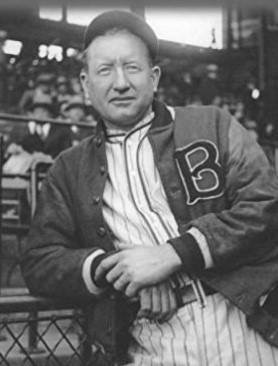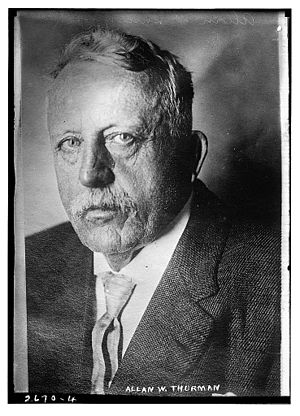Clarence Arthur “Dazzy” Vance is born in Orient, Iowa
1891 – Clarence Arthur “Dazzy” Vance is born in Orient, Iowa. At age 31, Vance will become the dominant National League pitcher of the 1920s. After a decade in the minors, Vance will join the Brooklyn Robins in 1922. Named National League MVP in 1924, he will pitch a no-hitter the next year, lead the NL in wins twice, in earned run average three times, and be the only pitcher to top the NL in strikeouts seven consecutive seasons. Vance will be elected to the Hall of Fame by the Baseball Writers Association of America in 1955, with 205 votes out of 251 ballots.




